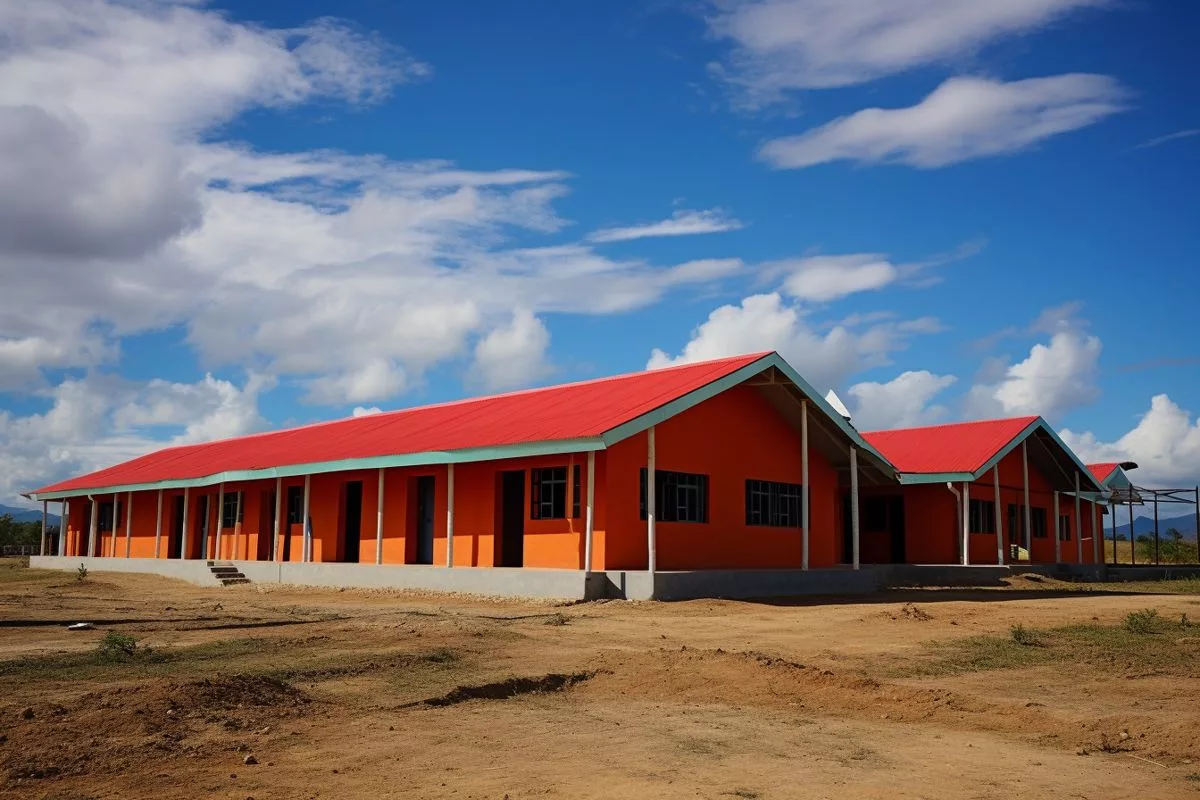South Africa is committed to protecting journalists’ rights and promoting democracy. The government supports the International Day to End Impunity for Crimes Against Journalists and honors journalists on Black Wednesday. The Government Communication and Information System (GCIS) holds panel discussions on cyberbullying against female journalists and strives to foster safe reporting during elections. While challenges like cyberbullying and harassment remain, South Africa’s commitment to protecting journalists is praiseworthy.
What is South Africa’s pledge to fight impunity and violence against journalists?
The South African government strongly supports the International Day to End Impunity for Crimes Against Journalists and honors journalists on Black Wednesday. The Government Communication and Information System (GCIS) held a panel discussion on cyberbullying against female journalists and strives to foster safe reporting during elections. Despite progress, challenges like cyberbullying and harassment remain. South Africa’s commitment to safeguarding journalists’ rights and fostering democracy is praiseworthy.
Recognizing the Importance of Protecting Journalists
The South African government strongly supported the International Day to End Impunity for Crimes Against Journalists this year, observed on November 2. This worldwide plea for defending journalists’ rights is particularly crucial as the country readies itself for the next national elections. The United Nations General Assembly adopted Resolution A/RES/68/163 in 2013 following the murder of two French journalists in Mali. This resolution calls on UN member states to step up efforts to prevent violence against journalists and create a favorable environment for their work.
South Africa previously honored journalists on October 19 by observing Black Wednesday. This event aims to raise awareness about journalists’ rights and pay tribute to those who have lost their lives in the pursuit of their profession’s dignity. The Government Communication and Information System (GCIS) also held a panel discussion in August that included over 100 journalism and communication students from the Tshwane University of Technology. The conversation centered on the cyberbullying of female journalists, increasing awareness of the harassment, discrimination, and violence they encounter while performing their duties.
Nomonde Mnukwa, Acting Director-General of GCIS, stressed the significance of professional journalism and an unbiased, free press as the pillars of democracy. Mnukwa asserted that South Africa is dedicated to supporting a free and independent press and condemns all violence or threats against journalists both nationally and internationally. According to Mnukwa, ensuring journalists’ safety is essential for protecting citizens’ rights.
Fostering Safe Reporting during Elections
UNESCO has noted that violence against journalists intensifies during election periods. As a consequence, the South African government, through GCIS, plans to hold a South African-adapted version of the UNESCO panel discussion on “Violence Against Journalists and the Integrity of Elections” in the upcoming week. This endeavor aims to guarantee that, leading up to the election season next year, the public acknowledges journalists’ role in keeping society informed and promoting democratic dialogue and the integrity of electoral processes. Information regarding the webinar will be disclosed soon.
Additionally, the government praises the collaboration between the Independent Electoral Commission (IEC), the South African National Editors Forum (SANEF), and other partners in arranging workshops nationwide to prepare the media for covering the forthcoming 2024 national general elections. This partnership showcases a joint effort to encourage responsible journalism and strengthen the democratic process.
South Africa’s increasing support for journalists’ rights signifies a broader shift toward prioritizing media freedom and protection. By observing the International Day to End Impunity for Crimes Against Journalists, South Africa reiterates its commitment to promoting democratic values and defending citizens’ constitutional rights. By participating in initiatives such as panel discussions and workshops, South Africa adopts a proactive approach in addressing the issue of violence against journalists.
Addressing Remaining Challenges
Despite South Africa’s significant progress in backing journalists’ rights, other obstacles persist. Cyberbullying, harassment, and discrimination against female journalists are just a few examples of the broader issues that require further attention. By fostering open dialogue and engaging with the community, South Africa can continue raising awareness of these problems and establish a safer environment for all journalists.
In summary, South Africa’s dedication to fighting impunity, crime, and violence against journalists is praiseworthy. By supporting initiatives like the International Day to End Impunity for Crimes Against Journalists, the South African government showcases its commitment to safeguarding journalists’ rights and fostering democracy. As the nation gears up for the upcoming elections, we must stay alert in ensuring that journalists can continue to perform their vital roles in society.
1. What is South Africa’s pledge to fight impunity and violence against journalists?
The South African government strongly supports the International Day to End Impunity for Crimes Against Journalists and honors journalists on Black Wednesday. The Government Communication and Information System (GCIS) held a panel discussion on cyberbullying against female journalists and strives to foster safe reporting during elections. Despite progress, challenges like cyberbullying and harassment remain. South Africa’s commitment to safeguarding journalists’ rights and fostering democracy is praiseworthy.
2. Why is protecting journalists important?
Journalists play a crucial role in promoting democracy and keeping society informed. Violence against journalists is a threat to media freedom and can have severe consequences for citizens’ constitutional rights. Protecting journalists is necessary for maintaining a free and independent press.
3. What is the International Day to End Impunity for Crimes Against Journalists?
The International Day to End Impunity for Crimes Against Journalists is a worldwide plea for defending journalists’ rights. It is observed on November 2 and calls on UN member states to prevent violence against journalists and create a favorable environment for their work.
4. What is Black Wednesday, and why is it observed in South Africa?
Black Wednesday is a day to raise awareness about journalists’ rights and pay tribute to those who have lost their lives in the pursuit of their profession’s dignity. It is observed in South Africa on October 19.
5. What is the Government Communication and Information System (GCIS)?
The Government Communication and Information System (GCIS) is a South African government department responsible for communicating government policies, programs, and activities to the public.
6. What is cyberbullying, and how does it affect female journalists?
Cyberbullying is the use of technology to harass, intimidate, or threaten someone. Female journalists are often the target of cyberbullying, which can have a severe impact on their mental health and well-being.
7. How does South Africa foster safe reporting during elections?
The South African government, through GCIS, plans to hold a South African-adapted version of the UNESCO panel discussion on “Violence Against Journalists and the Integrity of Elections” in the upcoming week. Additionally, the government collaborates with the Independent Electoral Commission (IEC), the South African National Editors Forum (SANEF), and other partners in arranging workshops nationwide to prepare the media for covering the forthcoming 2024 national general elections.
8. What challenges remain in protecting journalists in South Africa?
Challenges like cyberbullying, harassment, and discrimination against female journalists persist in South Africa. Further attention is required to establish a safer environment for all journalists. By fostering open dialogue and engaging with the community, South Africa can continue raising awareness of these problems.








